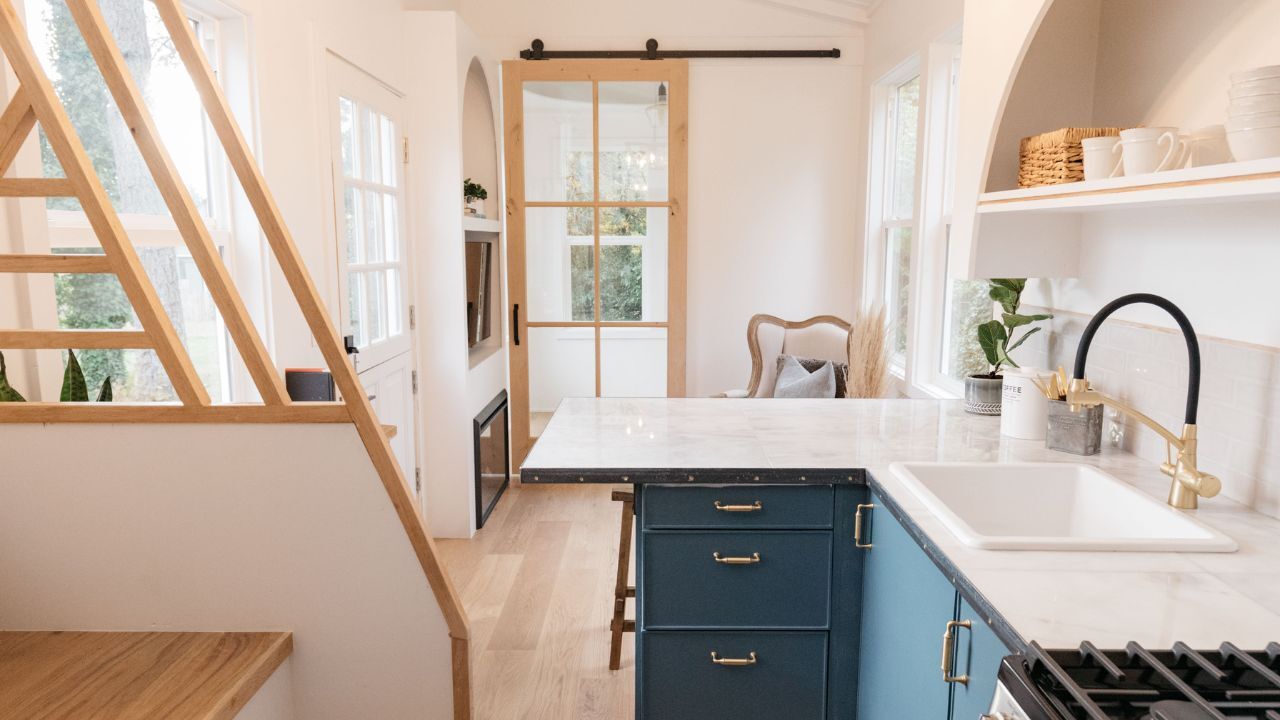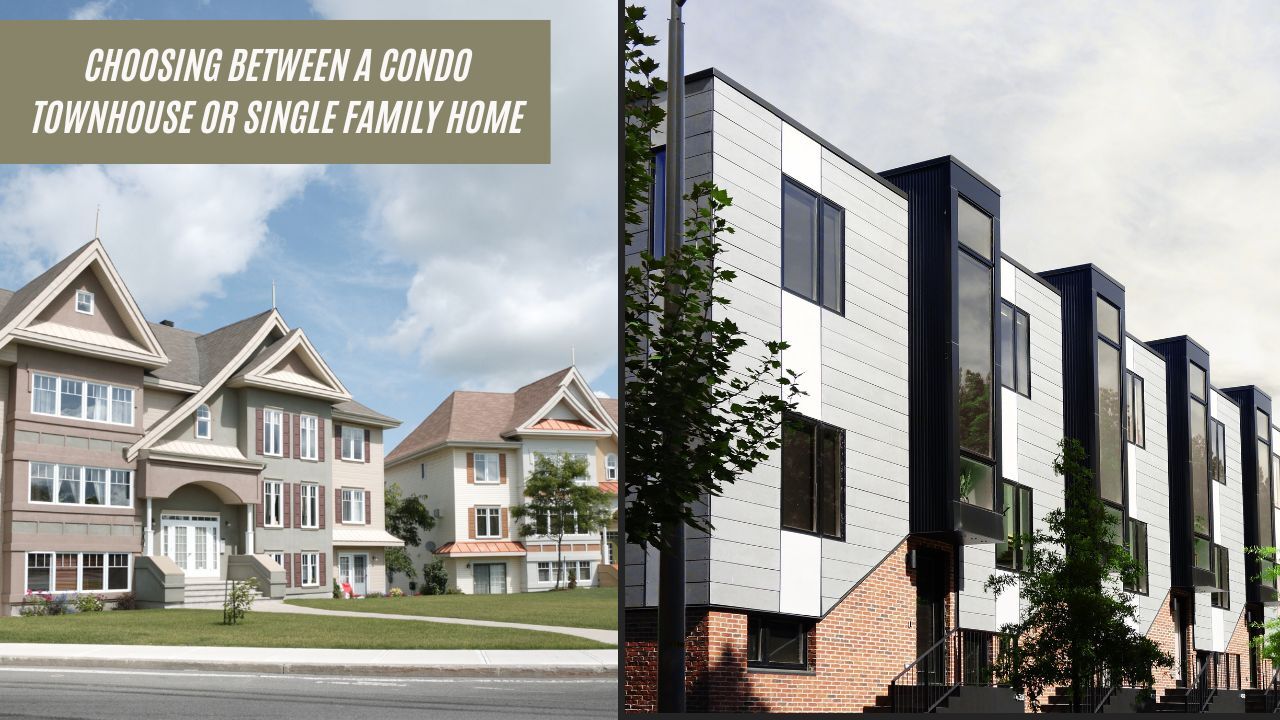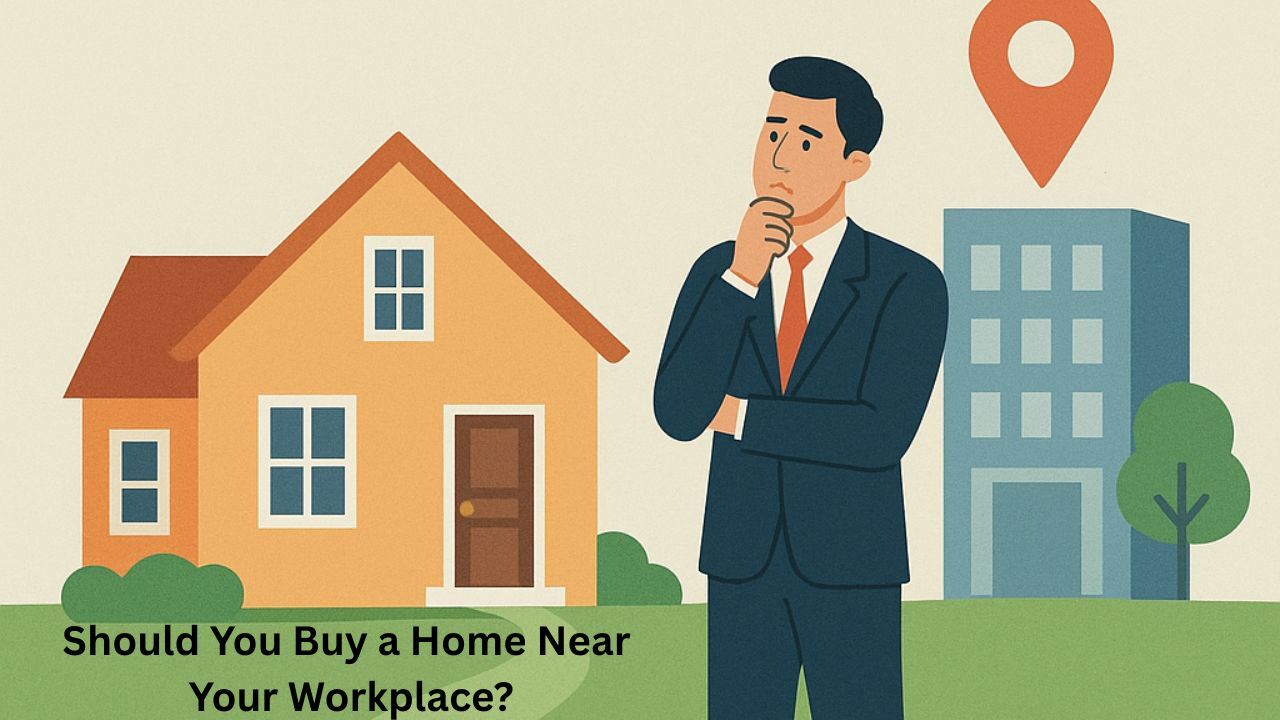 Buying a home can be stressful, especially in competitive markets. Knowing when a seller is motivated to sell can give you a strategic edge, allowing you to make offers that are more likely to be accepted while potentially saving money. Understanding the signs of a motivated seller and how to approach the situation can help buyers navigate negotiations confidently.
Buying a home can be stressful, especially in competitive markets. Knowing when a seller is motivated to sell can give you a strategic edge, allowing you to make offers that are more likely to be accepted while potentially saving money. Understanding the signs of a motivated seller and how to approach the situation can help buyers navigate negotiations confidently.
Common Signs of a Motivated Seller
Sellers who are eager to move often exhibit certain behaviors. Homes that have been on the market for an extended period with little interest may indicate a willingness to negotiate. Price reductions or flexible terms, such as offering to cover closing costs, can also signal motivation. Additionally, sellers relocating for a job, financial reasons, or personal circumstances may prioritize a quick sale over top-dollar offers.
How to Gather Information
Real estate agents can be invaluable in identifying motivated sellers. Reviewing listing history, analyzing market trends, and observing open house activity can provide clues about urgency. Direct conversations with the listing agent may reveal helpful insights, such as the sellerís timeline or willingness to negotiate certain terms.
Using Seller Motivation to Your Advantage
When you know a seller is motivated, you can structure offers strategically. This may include proposing a shorter closing period, offering earnest money to show commitment, or negotiating repairs and concessions. The goal is to create a win-win scenario where the seller achieves their desired timeline, and the buyer secures favorable terms.
Ethical Considerations
While it is important to leverage market insights, buyers should approach negotiations ethically. Misrepresenting intentions or attempting to exploit personal circumstances can damage credibility and potentially jeopardize the deal. Working closely with a trusted agent ensures strategies are both effective and professional.
Recognizing a motivated seller can be a powerful tool in home buying. By identifying the signs, gathering information, and approaching negotiations strategically and ethically, buyers can increase their chances of securing a property under favorable conditions.
 Tiny homes are more than just a trend; they represent a lifestyle choice that prioritizes efficiency, affordability, and sustainability. For many buyers, these smaller spaces provide a way to own a home without the financial burden of a traditional property. Understanding why people are choosing tiny homes, how to finance them, and ways to customize them can help you decide if this approach fits your lifestyle and goals.
Tiny homes are more than just a trend; they represent a lifestyle choice that prioritizes efficiency, affordability, and sustainability. For many buyers, these smaller spaces provide a way to own a home without the financial burden of a traditional property. Understanding why people are choosing tiny homes, how to finance them, and ways to customize them can help you decide if this approach fits your lifestyle and goals. House hunting can be exciting, but it can also be frustrating when you cannot find a home that meets your needs, budget, or lifestyle. Many buyers feel stuck, unsure whether to settle, wait, or consider alternative solutions. Understanding creative options can help you navigate a competitive market while still finding a home that works for you.
House hunting can be exciting, but it can also be frustrating when you cannot find a home that meets your needs, budget, or lifestyle. Many buyers feel stuck, unsure whether to settle, wait, or consider alternative solutions. Understanding creative options can help you navigate a competitive market while still finding a home that works for you. Deciding what type of home to buy is one of the most important steps in the home buying process. Condos, townhouses, and single-family homes each offer unique benefits and considerations, and the right choice depends on your lifestyle, budget, and long-term goals. Understanding the differences can help you make a confident decision.
Deciding what type of home to buy is one of the most important steps in the home buying process. Condos, townhouses, and single-family homes each offer unique benefits and considerations, and the right choice depends on your lifestyle, budget, and long-term goals. Understanding the differences can help you make a confident decision. In today’s competitive real estate market, making a strong offer on a home can feel like walking a fine line. You want to stand out from other buyers, but you also want to avoid overpaying and stretching your budget too far. With the right strategies and guidance, it is possible to write an offer that is both competitive and smart.
In today’s competitive real estate market, making a strong offer on a home can feel like walking a fine line. You want to stand out from other buyers, but you also want to avoid overpaying and stretching your budget too far. With the right strategies and guidance, it is possible to write an offer that is both competitive and smart. Selling a home can be an exciting step toward new beginnings, but it often comes with a level of stress that catches many homeowners off guard. Between preparing for showings, managing offers, and planning a move, the process can feel overwhelming. As your real estate partner, I want to share strategies that can help reduce stress and keep the experience as smooth as possible.
Selling a home can be an exciting step toward new beginnings, but it often comes with a level of stress that catches many homeowners off guard. Between preparing for showings, managing offers, and planning a move, the process can feel overwhelming. As your real estate partner, I want to share strategies that can help reduce stress and keep the experience as smooth as possible. Purchasing a home is one of the most significant decisions you will ever make. It is an exciting process, but it can also be overwhelming if you do not ask the right questions. Knowing what to ask can help you avoid costly mistakes and ensure that the home you choose fits your needs and budget.
Purchasing a home is one of the most significant decisions you will ever make. It is an exciting process, but it can also be overwhelming if you do not ask the right questions. Knowing what to ask can help you avoid costly mistakes and ensure that the home you choose fits your needs and budget. Deciding where to buy a home involves many factors, and proximity to your workplace is often near the top of the list. Living close to where you work can offer convenience and save time, but it also comes with pros and cons to consider. Understanding these can help you make an informed choice that fits your lifestyle and long-term goals.
Deciding where to buy a home involves many factors, and proximity to your workplace is often near the top of the list. Living close to where you work can offer convenience and save time, but it also comes with pros and cons to consider. Understanding these can help you make an informed choice that fits your lifestyle and long-term goals. Purchasing a home is one of the most important financial and emotional decisions most people will make. While it can be exciting, it can also lead to disappointment if key factors are overlooked during the process. As a real estate professional, I often hear from buyers who wish they had done things differently. Below are the most common home buying regrets and what you can do to avoid them.
Purchasing a home is one of the most important financial and emotional decisions most people will make. While it can be exciting, it can also lead to disappointment if key factors are overlooked during the process. As a real estate professional, I often hear from buyers who wish they had done things differently. Below are the most common home buying regrets and what you can do to avoid them. Buying a new home before selling your current one can feel like walking a financial tightrope. While it allows for a smoother transition and avoids the need for temporary housing, it also requires thoughtful planning and the right strategy. If you are considering making a move without selling first, here are key factors to understand and steps to take to make the process work for you.
Buying a new home before selling your current one can feel like walking a financial tightrope. While it allows for a smoother transition and avoids the need for temporary housing, it also requires thoughtful planning and the right strategy. If you are considering making a move without selling first, here are key factors to understand and steps to take to make the process work for you.